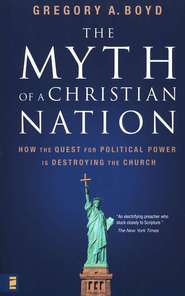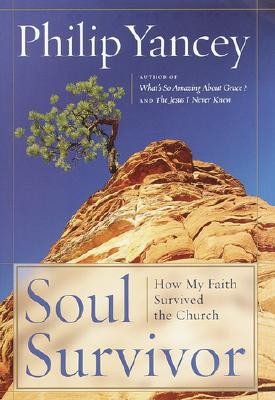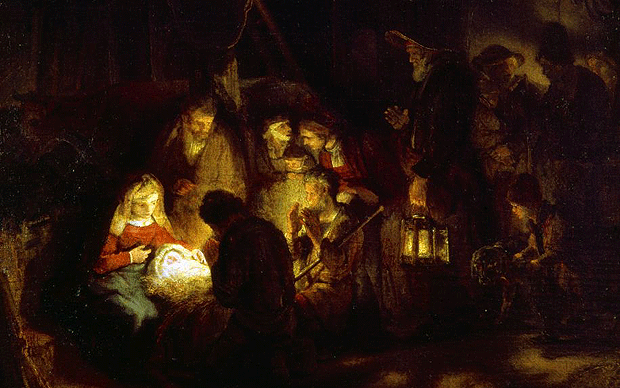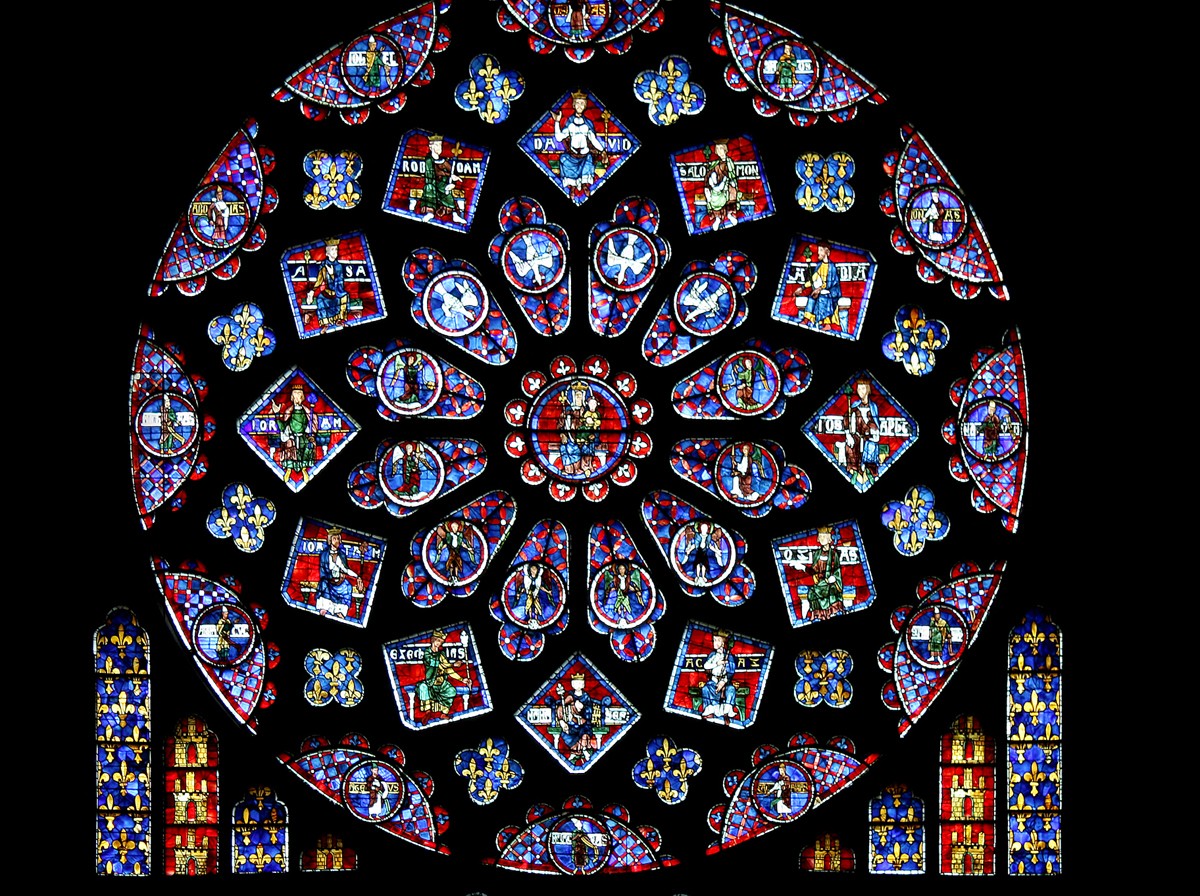The Myth of a Christian Nation
 During the last election season, I began to realize that I didn’t really believe the presidential election was a religious issue. For one thing, running a country is about things the Bible doesn’t speak much about, like foreign policy and taxes and power management and institutional organization. For another, the political system is flawed and corrupt no matter who’s at its head. There is really no substantial difference between the two major political parties. And finally, no candidate could be said to fully represent my beliefs or views on significant matters. Maybe it took me too long to recognize these things, but I can’t honestly say that I’d ever thought about them before.
During the last election season, I began to realize that I didn’t really believe the presidential election was a religious issue. For one thing, running a country is about things the Bible doesn’t speak much about, like foreign policy and taxes and power management and institutional organization. For another, the political system is flawed and corrupt no matter who’s at its head. There is really no substantial difference between the two major political parties. And finally, no candidate could be said to fully represent my beliefs or views on significant matters. Maybe it took me too long to recognize these things, but I can’t honestly say that I’d ever thought about them before.
I also have begun to notice lately the strange constellation of values and issues represented by some Christians I deeply respect — values and issues that seem contradictory, and problematic as so-called “Christian” stances. Some of them are actually against what the Bible teaches, and others are part of America’s identity but spiritually irrelevant or neutral. All of this is against the backdrop of my simmering dismay over the general tenor and claims of the “take back America for God” camp. So when I saw the title of Gregory A. Boyd’s book, I was intrigued.
I found it to be a challenging and thorough examination of the entanglement of evangelical Christianity with American politics, one which offers an attractive and restorative alternative to the “civil Christianity” all too prevalent in America. Boyd, a pastor, bases the book on a sermon series preached several years ago in his church, and he establishes that true Christianity (the “Kingdom of the Cross”) will never be expressed through an earthly power structure (“Kingdom of the Sword”) because it is counter-cultural. It is not expressed through overpowering others, but through serving — and thus we should be asking different questions and championing different causes than some of the common ones Christians take up. Over the course of the book he takes on a number of tough issues and questions, and I think the last chapter (on Christians and violence) is a must-read for any Christian, though not an easy read. Among other things, it makes some great points about how even those wars that have accomplished good things — ending slavery, stopping the Third Reich — wouldn’t have been needed in the first place if Christians were living as they should — and as if they really believed what they profess.
The tone overall is direct but not abrasive, and because of this I was able to see and acknowledge some of my own blind spots. There are a few interviews with Rev. Boyd over at YouTube, such as this one. As a sample, I’ll close with the author’s own invitation, taken from the introduction:
At the outset, I want you to know I appreciate and respect your convictions. I understand the consternation you may feel, but at the same time, I challenge you to keep an open mind and to consider this book’s arguments. I know how difficult it is to take a book seriously when it confronts one’s most cherished beliefs. I also know that few things in life are as intellectually and spiritually beneficial as forcing ourselves to consider ideas different from our own — even ideas that may irritate and offend.
*Edited to add: You can read an excerpt from this book in this post.



2 Comments
Ruth
I just read and enjoyed my first of Greg Boyd’s books. I’ve been listening to his sermons on podcast for quite a while and I really like his approach to many things.
Janet
I saw your review of that… I thought of you as I read this, and of the conversations we had way back when about some of the things he talks about in this book. I really, really liked it. Hope to read more by him.